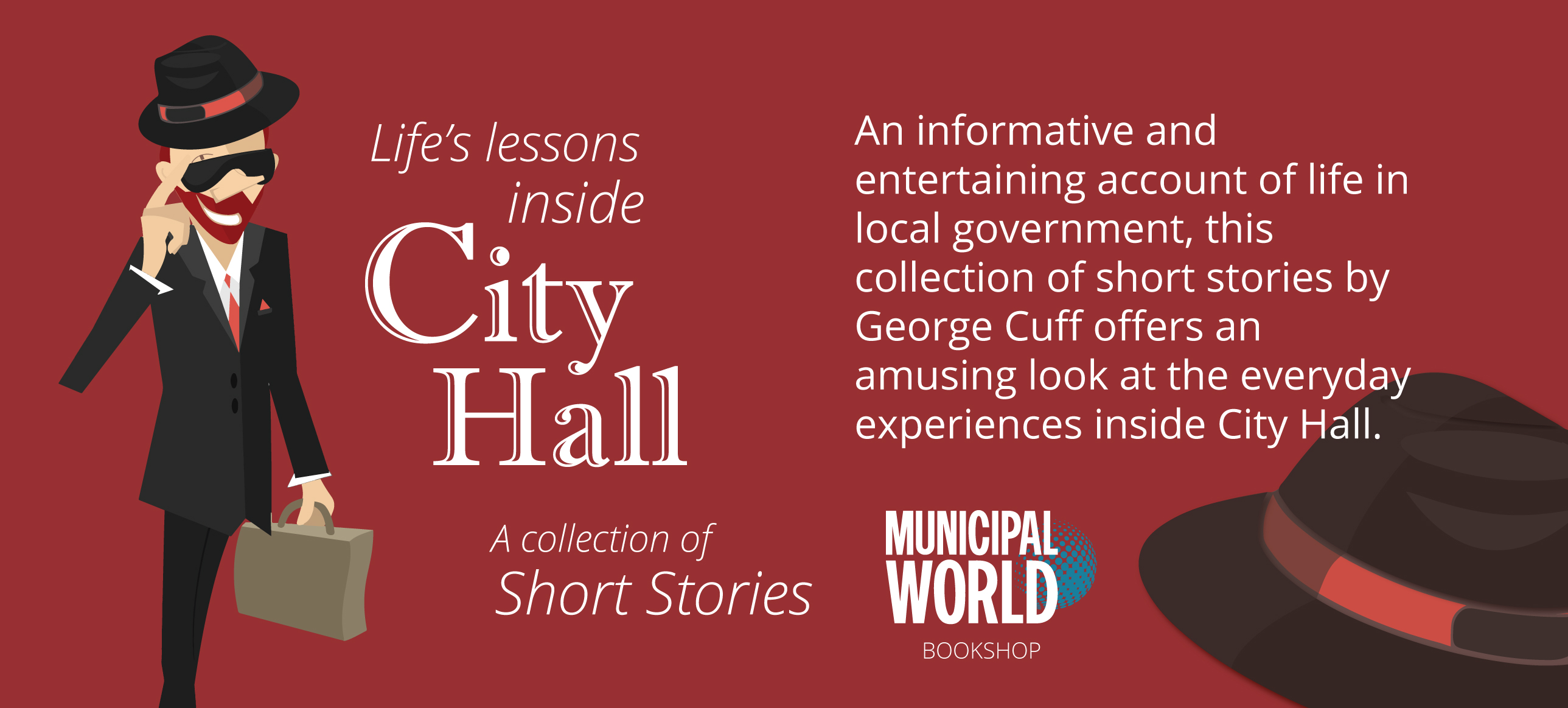Five signs of stress and how it manifests

Local government exists to provide safe, sustainable, secure services in a predictable, cost-effective manner. These services must be planned for, managed, and delivered very intentionally, strategically and, most importantly, sustainably to target limited resources, prioritize infrastructure investments, minimize risk, and avoid service disruptions. This seems so obvious that it is boring.
This begs the questions:
- What gets in the way? What could possibly get in the way of evidence-based decision making?
- Why do we sometimes ignore the things we should not ignore?
- Why do we not attend to the things we should attend to?
The obvious, and dare I say lazy, answer is people.
According to the science of human systems, people under stress do not make good decisions. Humans in various stages of fight, flight, freeze, and fawn are hijacked by their own brain and become immobilized or irrational or unavailable.
When feeling overwhelmed, threatened, fearful, anxious, or stressed, humans are actually in a state of trauma and the executive functions (logical, sound decision making) of the brain go offline. As a result, the brain is robbed of its energy, focus, vitality, rationality, and capacity.
1. Narrative of the “Other”
One of the most palpable signs that people are under stress is the ubiquitous culture of shame – blame – finger-pointing – assumptions – storytelling.
This plays out when narratives about the “other” are nourished, assigning them with evil intent: the other department, the council, the administration, those “idiotic others.”
2. Expediency over Effectiveness
Long-term thinking goes out the window under stress. The system chooses expediency over effectiveness.
Without long-term thinking, we observe actions such as council resorting to using reserves to offset taxes without full consideration of the consequences.
3. Breakdown in Communication
Stress silences candor and it becomes unsafe to tell the truth.
People get defensive. Suspicion is projected outward, leading to a lack of trust in difficult-to-digest information. This leads to short-term thinking and superficial band-aids on challenges that require a long-term approach.
4. Convenience over Procedure
Under stress, there is often a pendulum between rigidity and chaos.
Organizations hide behind policy and then ignore policy – whatever happens to be convenient at the time. This leads to a serious disconnect and public disgust.
5. Glossing over Conflict
Stress leads to an organizational culture that is passive and milquetoast.
There is no healthy conflict or passionate grappling with various philosophical ideologies. As a result, the right questions are not asked, and difficult things are glossed over.
Investment in Psychological Safety
Investing in psychological safety will do more for the health, well-being, and long-term sustainability of your community than any data, software, policy, plan, or roadmap. This is no longer an ideological argument; this is an economic one and there is plenty of research to back it up.
What brought us here will not take us where we need to go. We need a new way forward and a healthier narrative. We have been so focused on the right information that we are not cultivating the right conditions. We must create environments where the brain can make rational, logical, evidence-based decisions.
So, what are the right conditions? Imagine an environment where:
- Healthy conflict is welcomed, and the group can hold the tension of discomfort.
- Clear, candid, and curious dialogue takes place, and the right things are talked about.
- Conversations and debate take place in an atmosphere of relaxed alertness and open awareness.
- Relational currency is prioritized, and others are humanized and not demonized.
- Empathy and vulnerability lead to intelligent risk.
- Fearless advice is given, and the collective intelligence thrives.
- There is the ability to manage complexity and full ownership of decisions are taken and communicated with courage.
- The group is optimistic and has the capacity to imagine the future.
If you want your community to be sustainable and your efforts to be successful, consider investing in creating the right conditions. The future will thank you. MW
✯ Municipal World Insider and Executive Members: You might also be interested in the full version of this article or in Janice Otremba’s article: Navigating difficult conversations.
Christina Benty, M.A., is a former mayor and the owner of Strategic Leadership Solutions, a consulting firm whose mission is to inspire and activate excellence in local government.
Related resource materials:



